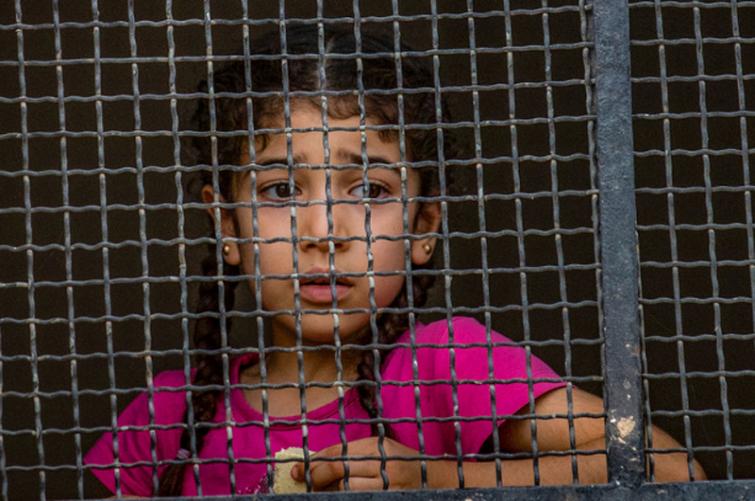
Syria: Lack of consensus following face-to-face talks, underscores need for broader process
New York/IBNS: The second session of the Syrian Constitutional Committee, aiming to create a new post-war political road map for the country, failed to get off the ground due to lack of consensus over the agenda, the UN Special Envoy for the country told the Security Council on Friday.
However, Geir Pedersen assured ambassadors that there are lessons to be learned from the meeting of the so-called “small body” of the Committee, held in Geneva in late November.
Geir Pedersen (Special Envoy) on the situation in the Middle - Security Council, 8696th meeting
Briefing by Geir Pedersen, Special Envoy of the Secretary-General for Syria, on the situation in the Middle East during the 8696th meeting of the Security Council. [Via Teleconference]
“When I last briefed this Council, we had just concluded a successful opening session of the Constitutional Committee. This second session was obviously very different in both substance and tone, but disagreement on the agenda is typical for any political process”, he said.
Hope for agreement
While the full committee is made up of around 150, the small body consists of 45 representatives from the Syrian Government, opposition and civil society, which initially met in Geneva in October.
Pedersen had asked the two co-chairs to submit their agenda proposals ahead of the second session, which began on 25 November.
The opposition’s workplan, sent on 21 November, featured 10 constitutional headings and focused on the preamble to the constitution, as well as basic principles.
The Government proposed an agenda on 25 November which called for discussion of “national pillars” of concern to the Syrian people. Constitutional matters would only be taken up afterwards.
Pedersen worked to facilitate consensus between the sides, which was not possible.
“I hope agreement can be reached promptly on an agenda that falls in line with the Terms of Reference and Core Rules of Procedure of the Constitutional Committee,” he stated.
“As things stand, and absent an agreed agenda, I see no reason to convene another session of the small body.”
Pre-conditions not allowed
The UN envoy described the Constitutional Committee as “fragile.”
For progress to occur, the sides will have to allow their members to work professionally on the constitutional issues, he said in citing lessons learned over the five days in Geneva.
Furthermore, any proposed agenda must comply with the Terms of Reference and Core Rules of Procedure, which parties have agreed.
“This means that all issues are open for discussion within the Committee, without preconditions and without making consideration of one issue dependent on resolution of another,” he explained. “And it also means that issues should be framed and fall under a constitutional heading.”
Pedersen said what happened at the second session only underscores the need for a broader and comprehensive political process for Syria, which has been embroiled in a brutal civil conflict since 2011.
“Indeed, while I believe that while a Constitutional Committee cannot solve the crisis, it can help foster the trust and confidence between the parties, and that can open the door to a broader process—and, equally, such a broader process can feed positively into the work on the constitutional issues.
Support Our Journalism
We cannot do without you.. your contribution supports unbiased journalism
IBNS is not driven by any ism- not wokeism, not racism, not skewed secularism, not hyper right-wing or left liberal ideals, nor by any hardline religious beliefs or hyper nationalism. We want to serve you good old objective news, as they are. We do not judge or preach. We let people decide for themselves. We only try to present factual and well-sourced news.







